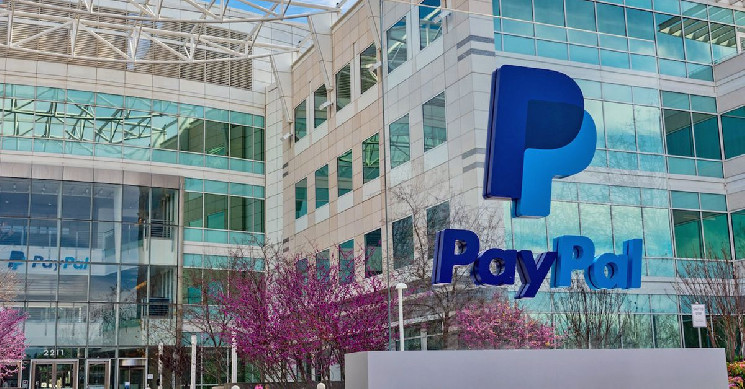The launch of PayPal’s (PYPL) stablecoin PayPal USD ($PYUSD) will drive payments efficiencies and an improved customer experience, but adoption of the cryptocurrency is unlikely to be significant in the near term, Bank of America (BAC) said in a research report on Thursday.
“Over the longer term, we expect $PYUSD to experience additional adoption headwinds as competition from central bank digital currencies (CBDCs) and yield-bearing stablecoins increases,” analysts Alkesh Shah and Andrew Moss wrote. A stablecoin is a type of cryptocurrency whose value is pegged to another asset, such as the U.S. dollar.
“Investors may have been fine holding non-yield bearing stablecoins such as Tether (USDT) and USD Coin (USDC), when rates were close to zero, but yield-bearing stablecoins will likely become increasingly available and attractive with short-terms rates above 5%,” the analysts wrote.
Read more: Congresswoman Maxine Waters Says She’s ‘Deeply Concerned’ About PayPal’s New Stablecoin
The payments giant earlier this week said that it was entering the crypto market with its own dollar-pegged stablecoin, PayPal USD, in a first for a major financial company. The Ethereum-based token will be available first on PayPal and then on Venmo, and can be exchanged for dollars at any time.
Investors are likely indifferent to which stablecoins they hold as long as they are perceived as “safe and accessible on the largest trading platforms,” the report said.
Bank of America says it doesn’t expect $PYUSD’s launch to lead to “accelerated regulatory clarity” as the stablecoin’s issuance “does not alter systemic risk for traditional markets,” but it could face regulatory hurdles if non-banks are ultimately banned from stablecoin issuance.
$PYUSD will likely target a different market that has remained largely untapped until now, “blockchain technology-enabled asset transfers, payments and remittances,” the report added.
Read more: Stablecoin Market to Soar to Almost $3T in Next 5 Years: Bernstein
 coindesk.com
coindesk.com
